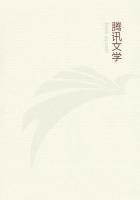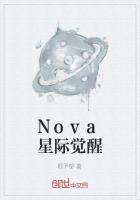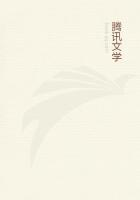William Lamb, Viscount Melbourne, was fifty-eight years of age, and had been for the last three years Prime Minister of England. In every outward respect he was one of the most fortunate of mankind. He had been born into the midst of riches, brilliance, and power. His mother, fascinating and intelligent, had been a great Whig hostess, and he had been bred up as a member of that radiant society which, during the last quarter of the eighteenth century, concentrated within itself the ultimate perfections of a hundred years of triumphant aristocracy. Nature had given him beauty and brains; the unexpected death of an elder brother brought him wealth, a peerage, and the possibility of high advancement. Within that charmed circle, whatever one's personal disabilities, it was difficult to fail; and to him, with all his advantages, success was well-nigh unavoidable. With little effort, he attained political eminence. On the triumph of the Whigs he became one of the leading members of the Government; and when Lord Grey retired from the premiership he quietly stepped into the vacant place. Nor was it only in the visible signs of fortune that Fate had been kind to him. Bound to succeed, and to succeed easily, he was gifted with so fine a nature that his success became him. His mind, at once supple and copious, his temperament, at once calm and sensitive, enabled him not merely to work, but to live with perfect facility and with the grace of strength. In society he was a notable talker, a captivating companion, a charming man. If one looked deeper, one saw at once that he was not ordinary, that the piquancies of his conversation and his manner--his free-and-easy vaguenesses, his abrupt questions, his lollings and loungings, his innumerable oaths--were something more than an amusing ornament, were the outward manifestation of an individuality that was fundamental.
The precise nature of this individuality was very difficult to gauge: it was dubious, complex, perhaps self--contradictory. Certainly there was an ironical discordance between the inner history of the man and his apparent fortunes. He owed all he had to his birth, and his birth was shameful; it was known well enough that his mother had passionately loved Lord Egremont, and that Lord Melbourne was not his father. His marriage, which had seemed to be the crown of his youthful ardours, was a long, miserable, desperate failure: the incredible Lady Caroline, "With pleasures too refined to please, With too much spirit to be e'er at ease, With too much quickness to be ever taught, With too much thinking to have common thought," was very nearly the destruction of his life. When at last he emerged from the anguish and confusion of her folly, her extravagance, her rage, her despair, and her devotion, he was left alone with endless memories of intermingled farce and tragedy, and an only son, who was an imbecile. But there was something else that he owed to Lady Caroline. While she whirled with Byron in a hectic frenzy of love and fashion, he had stayed at home in an indulgence bordering on cynicism, and occupied his solitude with reading. It was thus that he had acquired those habits of study, that love of learning, and that wide and accurate knowledge of ancient and modern literature, which formed so unexpected a part of his mental equipment. His passion for reading never deserted him; even when he was Prime Minister he found time to master every new important book. With an incongruousness that was characteristic, his favourite study was theology. An accomplished classical scholar, he was deeply read in the Fathers of the Church; heavy volumes of commentary and exegesis he examined with scrupulous diligence; and at any odd moment he might be found turning over the pages of the Bible. To the ladies whom he most liked, he would lend some learned work on the Revelation, crammed with marginal notes in his own hand, or Dr. Lardner's "Observations upon the Jewish Errors with respect to the Conversion of Mary Magdalene." The more pious among them had high hopes that these studies would lead him into the right way; but of this there were no symptoms in his after-dinner conversations.
The paradox of his political career was no less curious. By temperament an aristocrat, by conviction a conservative, he came to power as the leader of the popular party, the party of change. He had profoundly disliked the Reform Bill, which he had only accepted at last as a necessary evil; and the Reform Bill lay at the root of the very existence, of the very meaning, of his government. He was far too sceptical to believe in progress of any kind.


